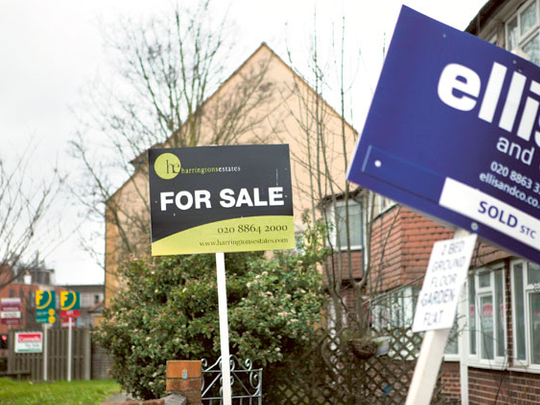
Talk is cheap in the world of business and acting on misinformation when buying property can be an expensive mistake. To help rookie investors embarking on their first deal, we dispel five common myths associated with investing in international property:
Myth 1: There is no need to appoint your own lawyer
Wherever you buy property, at home or abroad, always hire an independent local lawyer to protect your interests and guide you through the different stages of the purchase process. This rule stands just as much in countries that use a notarial system for property transactions.
Notaries represent the state and are there to ensure the correct processes and paperwork are completed – they are not paid to safeguard the buyer’s (or vendor’s) interests, as an independent lawyer would be. Having a local lawyer also gives you the option of granting them power of attorney, which can be especially useful as a non-resident.
Myth 2: A cheap property must be a bargain
Chances are, if a property is offered to you for what appears to be below market value, there’s a reason. Be especially wary of this with off-plan. Find out what is driving the sale and what has influenced the asking price.
A search by your lawyer should throw up any concerns, including any issues with the property’s title, building regulation or planning status.
Give consideration to your exit strategy – if you had to off-load this property quickly, would it sell easily?
Myth 3: Rental guarantees are always honoured
New-build or off-plan opportunities are often offered with “guaranteed rental income” for a specified number of years, typically two or five. Find out how the developer or vendor will be able to service these promised payments and whether they have rental agreements in place. At the very least, get your lawyer to check that a rental guarantee scheme is safely underwritten by a bank or insurer.
But also research the local rental market and find out how lettable the property will be once the guarantee period finishes – you could be left with something that no-one wants to rent.
Myth 4:There is no need to visit a property before buying
Real-time messaging, such as Skype, and digital photography are useful but should not be a substitute for visiting a property or the site of a development in person. Checking the state of the land, build quality, any existing or proposed infrastructure, condition of neighbouring properties, views, transport links and proximity to amenities all helps you to judge the true value of an investment.
And there is a chance you discover something not shown in the brochure or on the website which triggers alarm bells.
Myth 5: Cash and a handshake – still accepted practice
Payments, such as deposits, made to an agent or developer on a verbal agreement and without any formal contract are a complete no-no. Why take the risk of operating outside the local legal framework?
Similarly, making payments in cash and without a receipt are equally risky and leave you exposed to no comeback if the deal were to collapse.
–The writer is director and owner of Internationalpropertyforsale.com, an real estate listings website.












